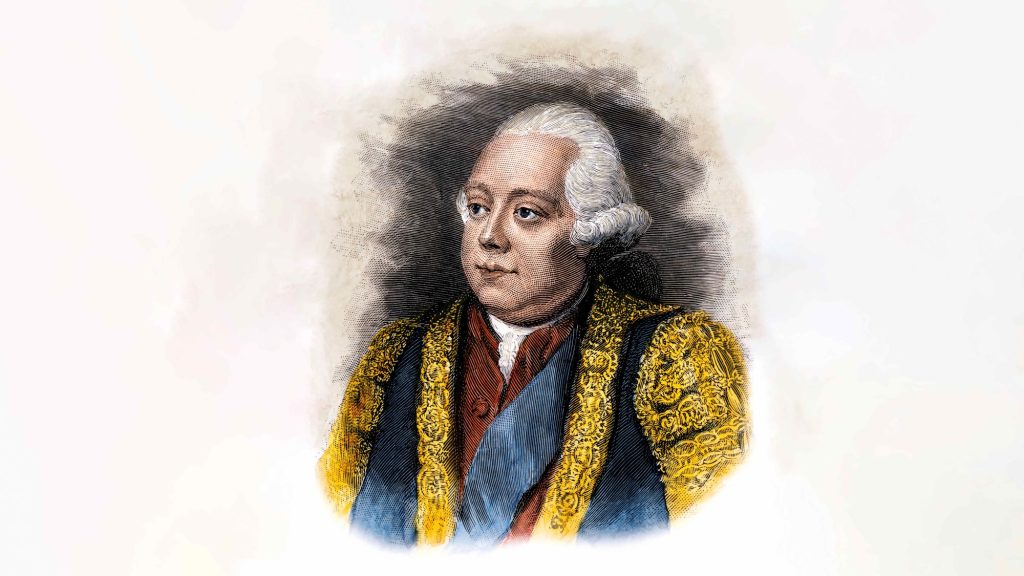On the 250th anniversary of the American Revolutionary War, we reflect on the critical role played by Lord North, who led Britain during a most tumultuous era. Tasked with guiding the country through the trials of wartime, Lord North’s leadership is often remembered for its peacetime successes, yet starkly critiqued for falling short under the stresses of war.
The Peacetime Premier Turned Wartime Failure
As a leader renowned for his amicable personality and effective governance during peaceful times, Lord North seemed misaligned for the role of wartime prime minister. His tenure from 1770 onwards saw him grappling with the American colonies, a challenge where his skills in peaceful administration were less applicable. Unlike wartime leaders chosen for their strategic acumen and fortitude, North was a man of charm and reform, attributes that proved less valuable amidst the brutal pragmatism required in warfare.
Winston Churchill, while discussing the premier’s responsibilities, once highlighted the necessity of strong leadership during crises. The subsequent loss of the American colonies under North demonstrated the inherent risks of maintaining a leader mismatched to the demands of their time.
Reasons Behind North’s Prolonged Premiership
The delay in replacing North with a leader more suited to wartime governance can be attributed to several factors:
- Personal Affection: North was well-liked by MPs and peers alike, a rare feat in British politics. His genial nature meant that he had achieved his position without cultivating enemies.
- Uncertainty of War Outcomes: Early battles, such as Bunker Hill, saw mixed results that maintained hope. Even disasters like Saratoga were tempered by victories like the capture of Charlestown.
- Divided Opposition: For much of North’s tenure, opposition forces in Parliament were fragmented. Figures like Charles James Fox led influential factions, but unity among them was fleeting until circumstances led to a cohesive challenge against North.
- Political Alliances: From childhood, North was close with King George III, rumor suggesting they shared fraternal ties. This affection, paired with the King’s disdain for alternatives, secured North’s position longer than expected.
- Impact of the Gordon Riots: The 1780 riots solidified North’s ministry temporarily, as decisive action against the unrest showcased a semblance of strong leadership in a crisis outside of war.
The Downfall and Legacy
It wasn’t until a string of defeats, culminating in Cornwallis’ surrender at Yorktown, that recognition of the inevitability of defeat became impossible to ignore. However, even then, North’s standing was bolstered by continued British control over strategic locations like New York City and Charleston, environment wherein a peace treaty faced delays.
The ultimate collapse of North’s ministry came not through military loss alone, but from political reality when Charles James Fox initiated a confidence vote. North’s resignation, notably accepted without the King’s prior consent, demonstrated the critical tipping point irrespective of royal support.
Despite his failures as a wartime premier, North’s exit was marked by gracefulness and dignity, epitomized by the calm demeanor he reportedly exhibited during his resignation dinner. Reflecting on this episode, the implications of North’s extended leadership remain pertinent for modern governance, illustrating the delicate balance between personal loyalty in leadership and the unsparing imperatives of effective crisis management.
